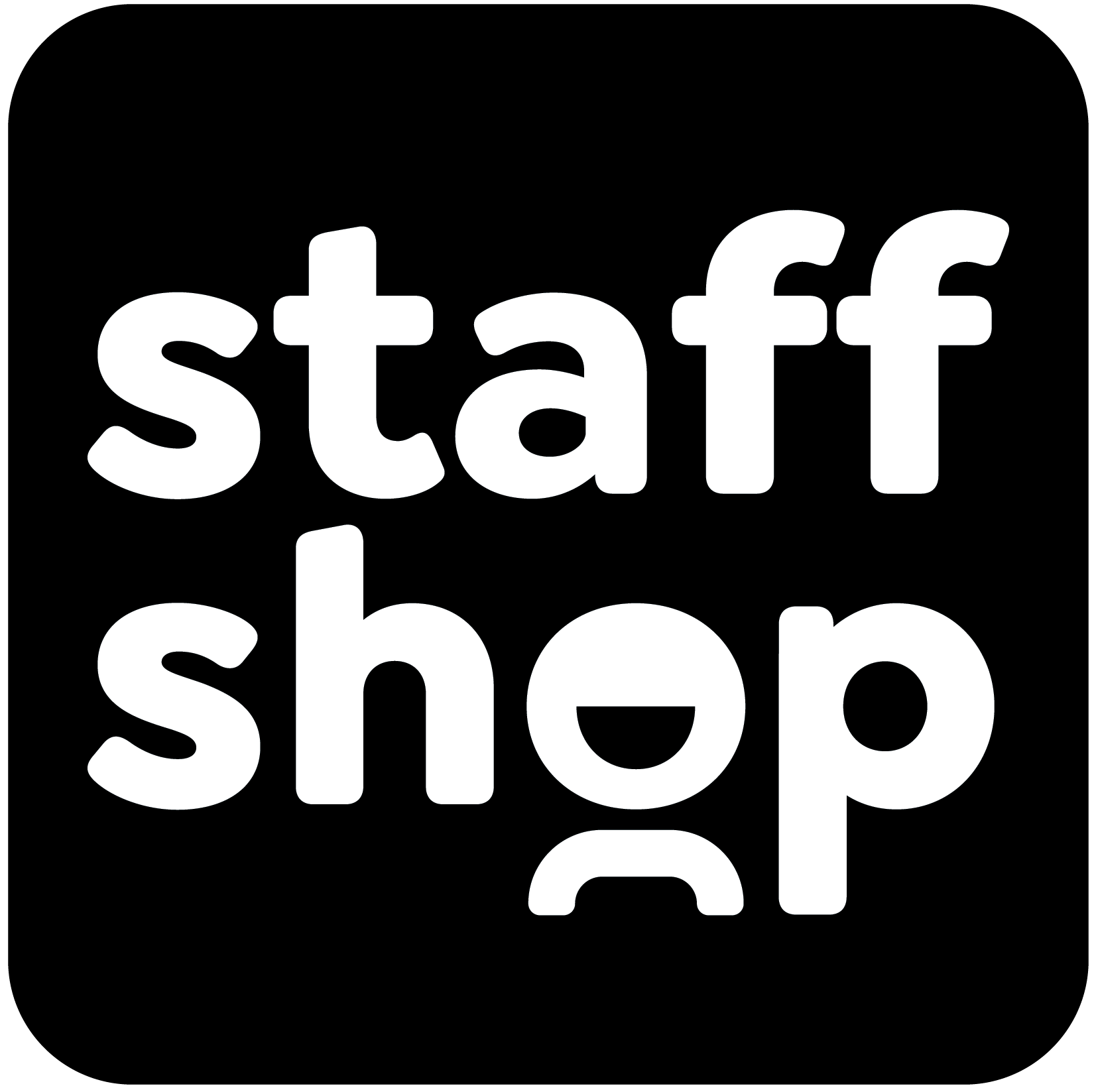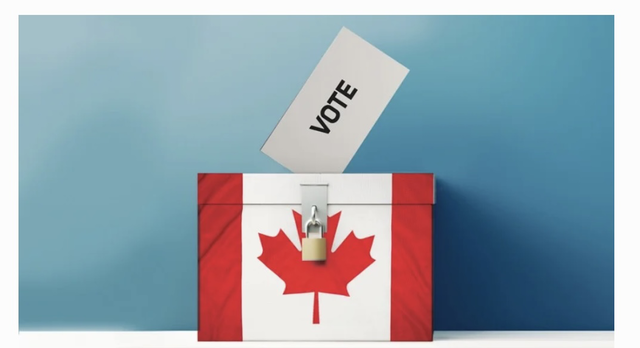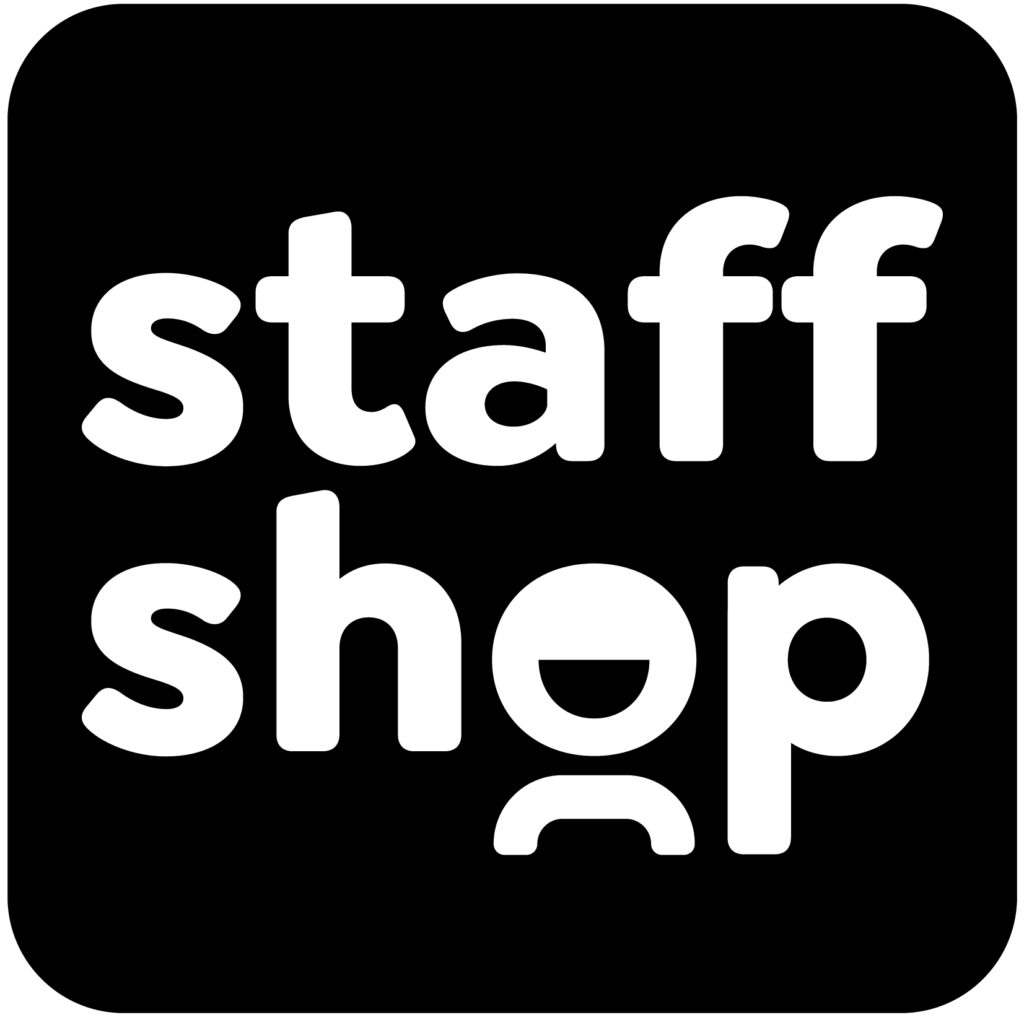“The vote is precious. It is the most powerful non-violent tool we have in a democratic society, and we must use it.”
— John Lewis
Canada just held an election on September 20, 2021, and though there was enthusiasm on all sides of the political spectrum, voter turnout was down. Yes, we are in a global pandemic, so we cannot ignore that factor, but we know that political apathy played a role in the low numbers. Only 62.2% of eligible voters participated in the election. Though this isn’t the lowest voter turnout we’ve had, it’s still not great.
At Staff Shop, we believe in values. This is why voting and politics should matter to Canadians – and people around the world – because we get to vote for the people who best reflect our values. Elections aren’t marriages. You shouldn’t wait for the right candidate to commit to. You have to find the person or party that best reflects what you care about and go with that, even if it’s not perfect. And it’s rarely perfect.
You should also vote because it’s your right as a Canadian citizen. We should not take this right for granted.
Voting History in Canada
On July 1, 1867, Canada became a parliamentary democracy and constitutional monarchy. This meant that the people would democratically elect a parliament and the party with the most votes would lead the country. But back then, not everyone could vote. The British North America Act allowed men 21 and older who owned property could vote in federal elections.
Here’s how far we’ve come since then:
- The Indian Act of 1876 allowed First Nations peoples the right to vote, BUT only if they give up their Indian status.
- In 1918, many women were given the right to vote, BUT only if they met the same criteria as men.
- In 1948, all Asian Canadians were given the right to vote federally, regardless of what province they lived in (rules differed on voting in each province).
- Inuit peoples obtained the right to vote in 1950, after having been stripped of the right in 1934.
- In 1960, First Nations peoples – men and women – obtained the right to vote without having to give up their status.
- Finally, in 1982, The Charter of Rights and Freedoms granted all Canadians the right to vote!
Learn more on Elections Canada.
Find YOUR Voice
Many Canadians don’t consider themselves political or choose to stay out of politics. But the truth is, someone will be given power regardless, so why would you sit back and let others choose who that person will be? Elections happen with or without you, but they’re better when everyone who’s eligible participates. This is how we end up with a government that truly reflects the values of our country.
While some people choose to stay out of it, others are simply uninformed or misinformed. Don’t wait until the next election to educate yourself. Today’s the day. If you want to truly discover your voice in the vast political landscape, you’re going to have to do the work.
For starters, look at where you get most of your news from. Are you getting it from a single source? Is it reliable? Are you just reading headlines on social media? If so, you’re only getting a fraction of the story. If you don’t know a lot about the candidates running, do some research and learn more. And don’t just research party leaders, research your local candidates, too. Municipal elections, for example, do not have political parties, so you will actually have to read about the candidates – what they stand for and what their platforms are in order to decide who to elect.
All elections matter to you. Each level of government has some control over things that affect you. From the taxes you pay to the hospitals you use to the roads you drive on. Your daily lives can change based on who’s in charge.
Tools to Help
While watching the news, debates, commercials and reading party platforms can show you what each candidate is about, you might be unsure of what you’re about. Where do your set of values line up? Staff Shop offers a wonderful tool called the Core Value Index (CVI™). This assessment tool is normally used to show how well your score lines up with available jobs. However, the tool can be used for a number of applications. It’s always a good thing to better understand yourself – especially when it comes to voting.
Another helpful tool is put out by the CBC during each election period. Just like our Core Values Index, the Vote Compass asks you a series of questions based on current issues. You answer and at the end you are plotted on a graph along with the major political parties based on social and economic beliefs and policies. This will show you which party you are closest aligned with. This is great for undecided or uninformed voters.
We encourage you to not let another election pass you by. Get informed and get involved. If you’re 18 or older, get out and vote in the next election, which will take place on or before October 20, 2025.
If you’re interested in taking the CVI™ contact Staff Shop today!





